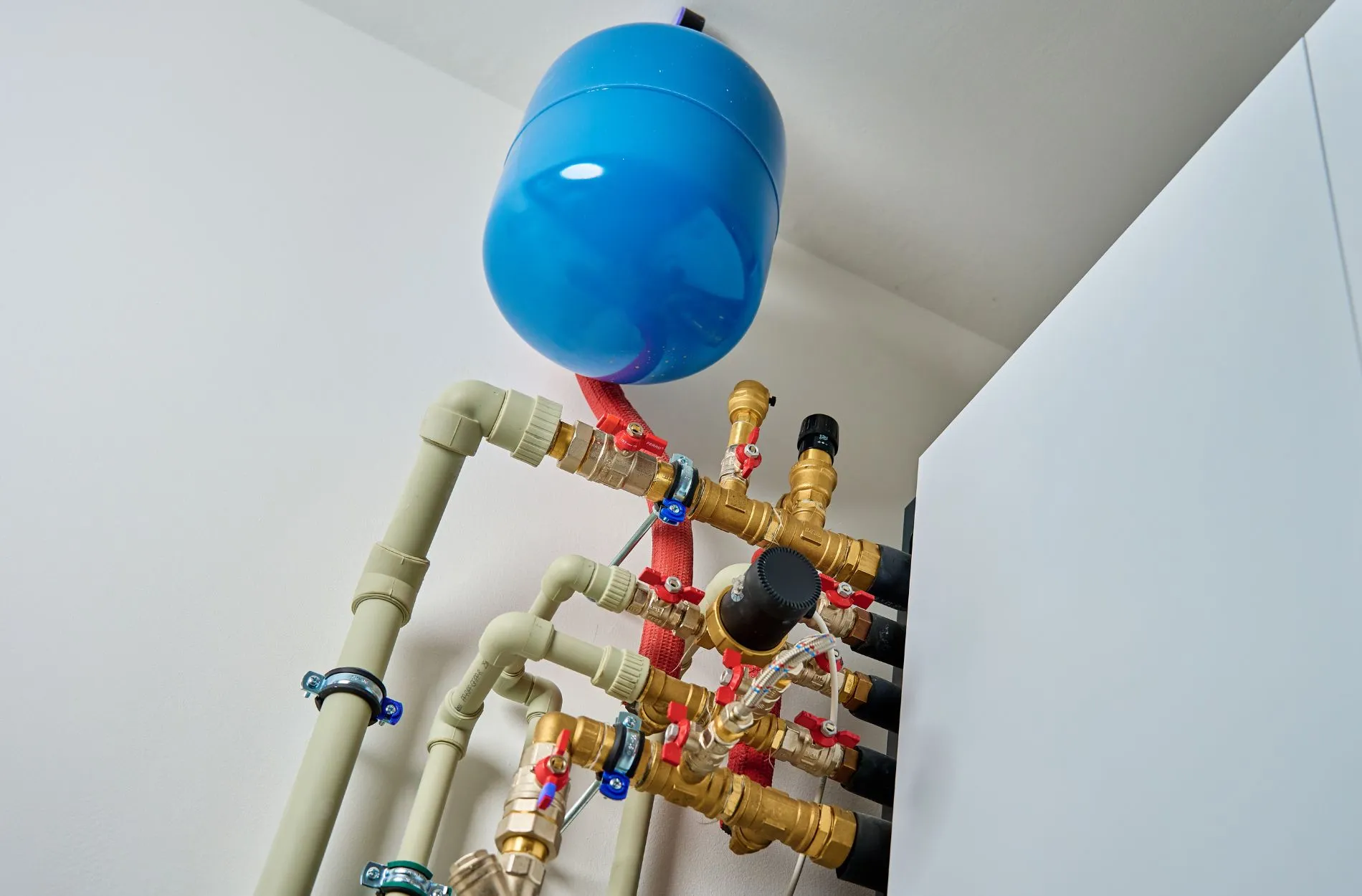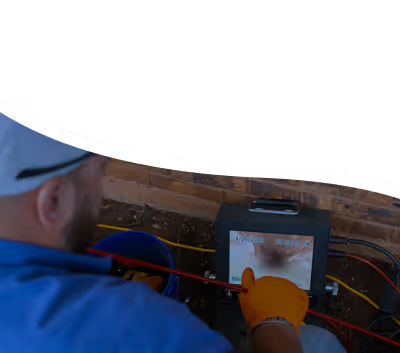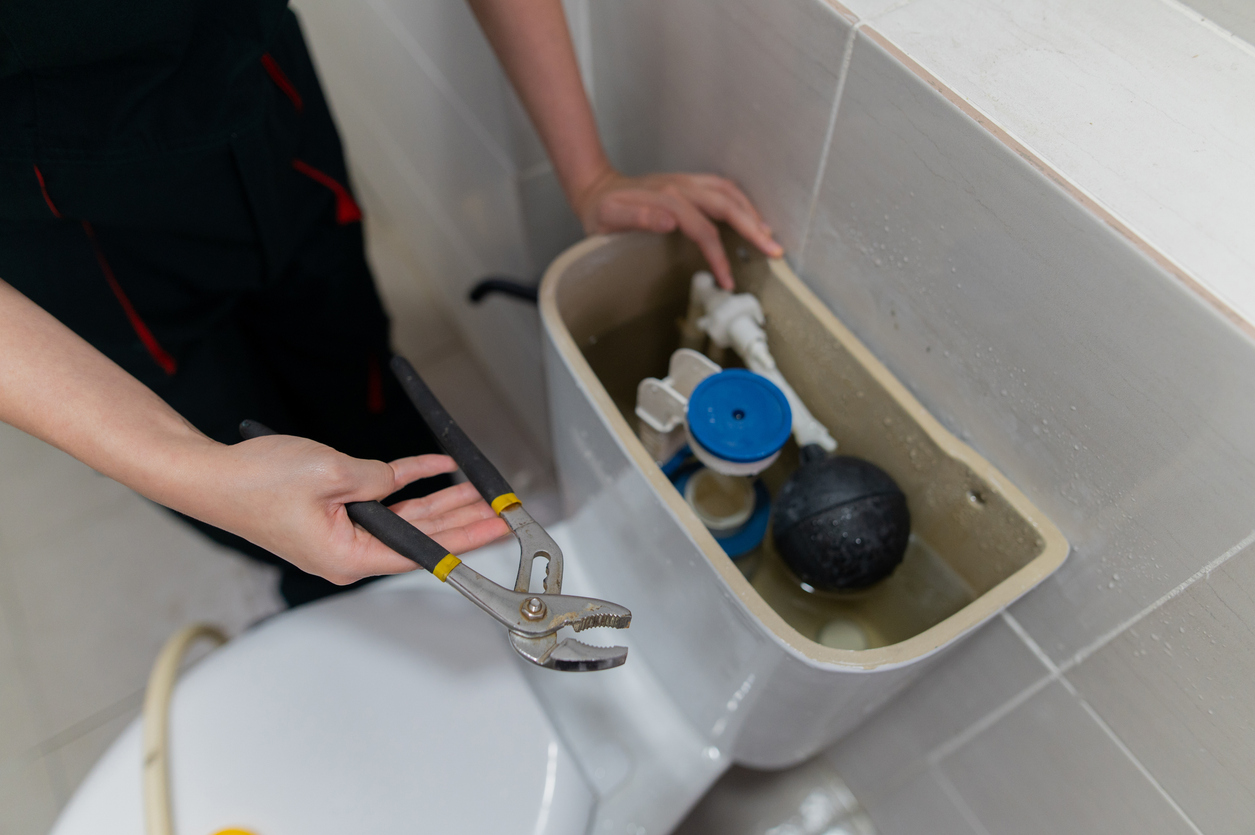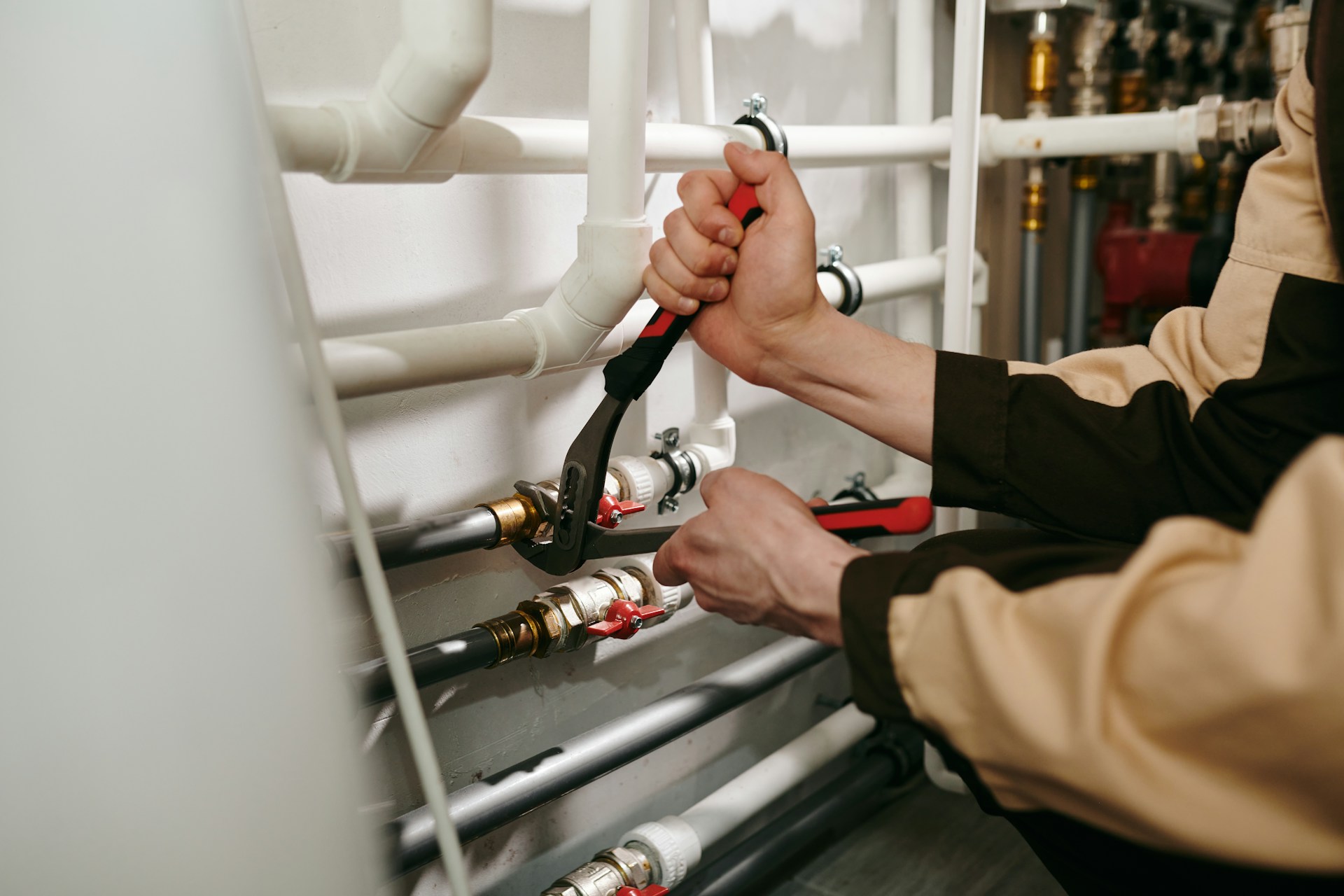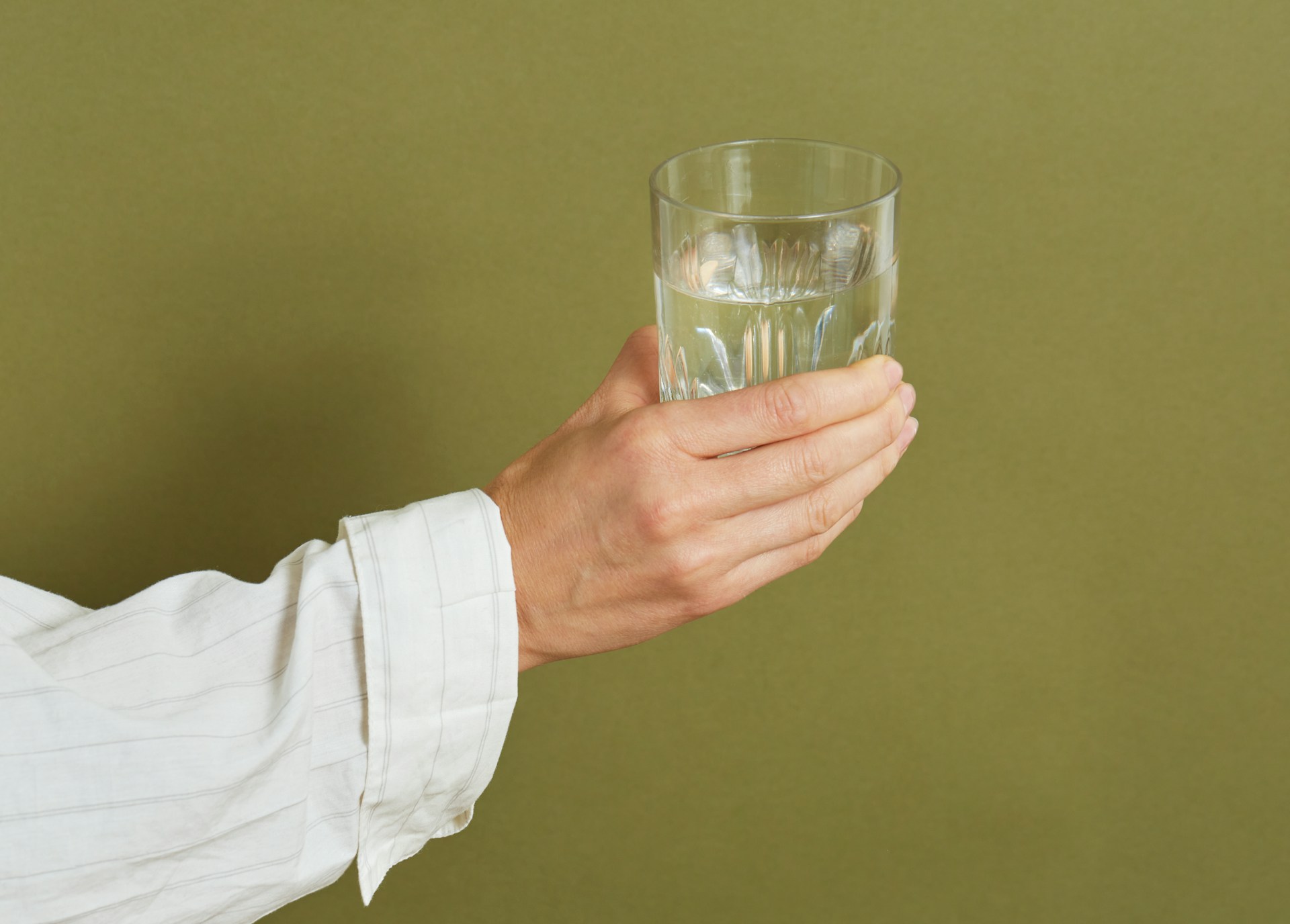When living in a city like Abilene, dealing with temperature swings is part of day-to-day life. Summers are hot and dry, while winters can bring the kind of chill that creeps into walls and under floors. What many homeowners don’t realize is just how much these changes can put stress on plumbing systems. Pipes, drains, and water heaters respond to temperature shifts in ways that can lead to problems if not handled early. Ignoring these seasonal factors can lead to expensive and inconvenient breakdowns down the line.
Understanding how your plumbing reacts to heat and cold is one of the smartest ways to protect your home. From pipe expansion during summer to the risk of freezing in winter, there are signs and solutions worth paying attention to. Whether you’re already seeing issues or just want to avoid them before they start, knowing what happens inside your plumbing because of temperature changes can guide you to smarter decisions and more reliable service all year.
Effects Of Extreme Heat On Plumbing
When temperatures begin to rise in Abilene, the heat doesn't only make things uncomfortable outside — it also puts stress on plumbing inside your home. Prolonged exposure to high heat can cause your pipes to expand, especially those made from metal or plastic. That expansion might not seem like a big deal at first, but over time, it can weaken joints and add stress to the pipe walls. Eventually, this can result in leaks or even bursts if the system is already under pressure.
Homes with older plumbing systems are especially vulnerable. A small crack forming from heat expansion may go unnoticed until visible water damage shows up inside walls or under flooring. Pipe movement from thermal changes can also lead to increased noise — if your pipes clang or knock during summer, it's often related to expansion or loose hardware caused by heat.
To reduce the chance of heat-related damage to your pipes:
- Have pipes checked regularly for weakness, especially before and after peak summer
- Use pipe insulation in areas exposed to high heat or direct sunlight
- Watch for early warning signs like damp spots on walls or ceilings
- Reduce overall water pressure to limit strain on hot plumbing systems
- Avoid flushing extremely hot water down pipes all at once
By taking these steps, homeowners in Abilene can avoid damage and extend the life of their plumbing during Abilene’s hottest months.
Winter Weather And Plumbing Challenges
While scorching summers bring one set of plumbing concerns, cold winter temps bring another. When temperatures dip near freezing, water inside the pipes can freeze and expand. This expansion creates pressure inside the pipe, which may lead to cracking or rupturing. Once the ice melts, water begins leaking out and often causes significant damage before it’s even noticed.
Frozen pipes are more common in areas of the home that aren’t as well insulated, like garages, crawl spaces, or exterior walls. Even in Abilene, where winters are typically short, a few cold nights can be enough to cause problems. One local homeowner recently experienced a burst pipe in their laundry room wall after just two freezing nights. The damage went unnoticed for a week, leading to mold and expensive drywall repair.
To protect your plumbing from winter damage:
- Keep cabinets open under sinks to allow warm air to circulate around pipes
- Run a small trickle of water from faucets during very cold nights to keep water moving
- Add foam pipe insulation to exposed piping in attics or basements
- Seal cracks or openings around the foundation and walls to block cold air
- Make sure your thermostat maintains a consistent temperature, even when you’re not home
Simple measures like these help reduce the risk of frozen or burst pipes. Even though winters in Abilene may not be long, they’re still cold enough to deserve serious attention when it comes to protecting your plumbing.
Seasonal Water Heater Maintenance Tips
In Abilene, water heaters face two major challenges throughout the year—hot summer strain and winter wear. These systems work year-round and are exposed to water pressure changes, mineral buildup, and wide temperature swings. When these factors go unchecked, they put stress on the internal parts of your water heater, reducing its efficiency and raising the likelihood of failure.
As outdoor temperatures rise, cold water entering your home is already warmer, which means your water heater doesn’t have to work as hard. But during colder periods, the incoming water temperature drops, forcing the unit to use more energy to heat water to the set temperature. This back and forth weakens components like the heating element, pressure relief valve, or thermostat. Over time, these parts may wear down, leading to either poor water heating or inconsistent hot water delivery.
To extend the life and performance of your water heater, consider these seasonal maintenance tips:
- Schedule a tank flush at least once a year to remove sediment buildup
- Have a professional inspect the pressure relief valve for any signs of malfunction
- Set your thermostat to a moderate temperature to avoid extra strain during seasonal extremes
- Check the area around your water heater for moisture or rust stains
- Make sure the tank is properly insulated, especially in colder months
Even if everything seems to be working fine, regular upkeep helps avoid last-minute repairs and prevents inconvenience when you rely on it most. If you notice water taking longer to heat or strange sounds coming from the unit, it might be time for a closer inspection.
How Temperature Shifts Affect Drains and Sewer Lines
Drains don’t often get the same attention as more visible plumbing elements, but they can be just as sensitive to seasonal temperature patterns. In summer, higher heat can cause soil to shift and expand, which may squeeze or collapse outdoor sewer lines, particularly older clay or cast iron ones. This strain can also lead to cracked lines or misaligned joints, which interrupt flow and allow roots to intrude.
Tree roots seek moisture during dry spells and will often find it through hairline cracks in underground pipes. Once inside, they grow rapidly and block water flow, causing backups into showers, sinks, or even toilets. Warmer weather also speeds up decomposition of food and grease in indoor drains, which increases odors and clogs if cleaning is neglected.
During winter, colder temperatures make grease and fat harden faster within drains. These solid blockages are difficult to remove without professional tools and can affect the entire drainage system. A backed-up drain in January might be from improper disposal habits combined with the cold slowing things down.
Here’s how you can help protect your drains and sewer lines across all seasons:
- Avoid rinsing food grease or oil down the kitchen sink
- Schedule occasional drain snaking or hydro-jetting to clear stubborn buildup
- Watch for warning signs like slow draining water or gurgling noises
- Consider a camera inspection if root growth is suspected
- Clear fallen leaves and debris from outdoor yard drains and gutters
Catching drainage issues early is the best way to avoid the sudden mess of a backed-up system. Temperature swings only make existing minor problems worse if left untreated.
Maintaining Long-Term Plumbing Health in Abilene
A good plumbing system is one that works quietly in the background, without surprises. But large temperature swings can turn a well-behaved system into a source of daily frustration. Whether your concern is expanding pipes in summer, freezing ones in winter, or sediment creeping into your water heater, the conditions in Abilene make proactive maintenance a smart move.
The best way to stay ahead of seasonal wear and tear is with consistent checkups. Having our professionals inspect your system before winter and after summer helps you identify weak spots. This could mean replacing worn washers, tightening loose fittings, or insulating vulnerable areas before temperature changes begin to take a toll.
Being proactive saves more than just money—it saves time and peace of mind. If you’ve experienced water stains, odd noises behind the walls, or slow drains, these may be signs your plumbing is reacting to seasons more than you think. Taking action before problems grow helps keep your home safe, efficient, and comfortable all year round.
If seasonal temperature swings are causing disruptions in your home's plumbing, learning more about how to prevent costly issues related to plumbing in Abilene can help protect your system year-round. Midway Plumbing has a track record of helping residents keep their systems operating smoothly. For a quick estimate or to book a service visit, please contact us today.


